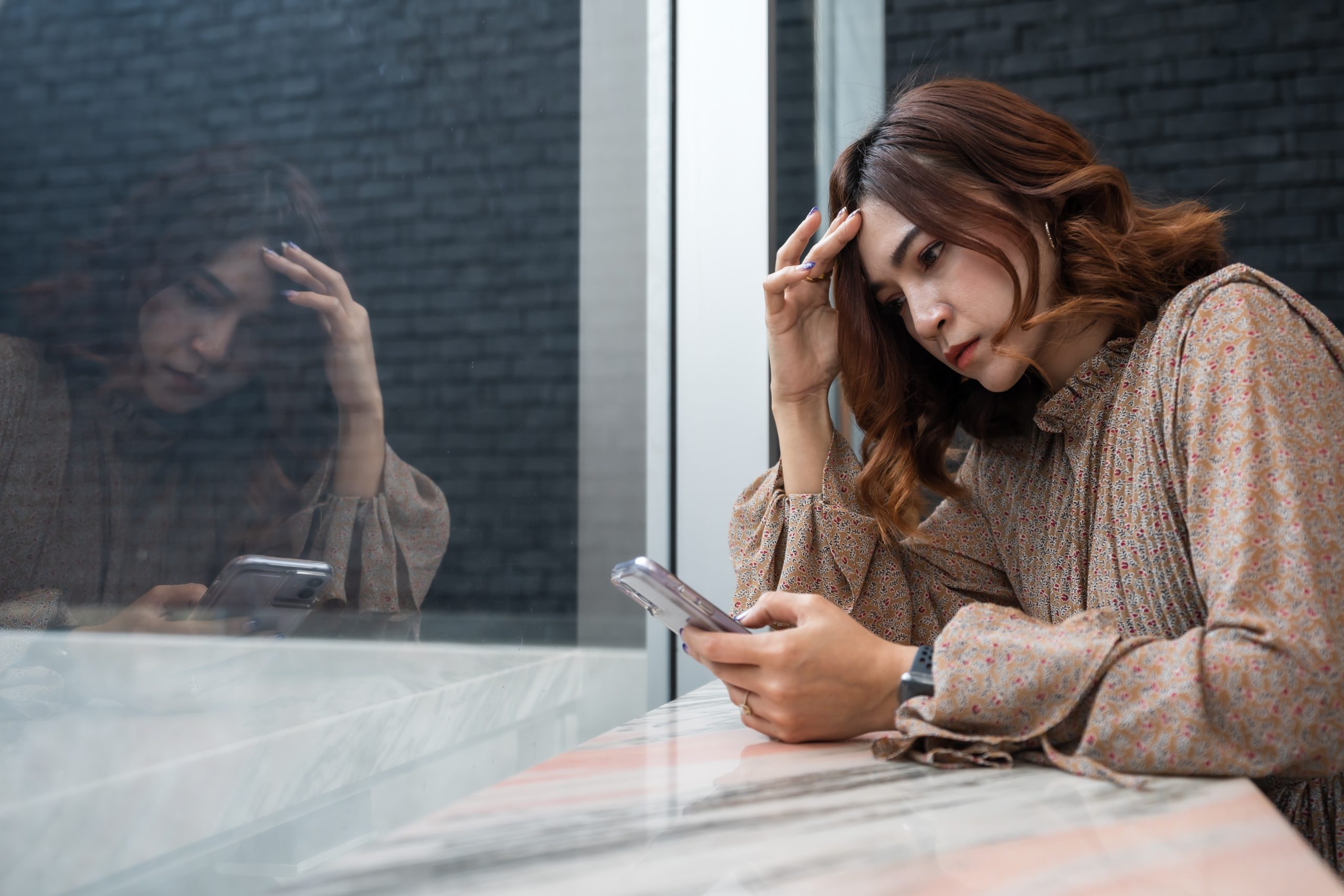One of the common problems presented by school pupils to our counsellors is the tricky issue of social media.
Children and young people are the section of our society that first embraced social media platforms.
The highs and lows of social media
They have been the first to experience the highs and lows of social media.
Sadly they are also, in many respects, the least well-equipped to deal with the emotional and mental challenges presented by various social media platforms like Twitter and Snapchat.
We recently caught up with Lucy Gordon, one of our senior Children and Young People counsellors to pick her brain on social media.
The advent of social media has made us more connected than ever but at what cost to young people?
Lucy: “Social media has become an amazing way for people of all ages to broaden their horizons.
It can open up new possibilities, create new relationships and provide a forum for self-expression. These are all positives that are valuable to children and young people as they grow and develop.
There are however some downsides. In particular from the way children and young people are now bombarded by perfect selfies, images of friends laughing and joking together.
They are constantly scrutinising other people’s lives and lifestyles and making comparisons to their own.
The reality is that a lot of these images are not a true reflection of people’s lives. It is hard for anyone not to be deceived by these photos.
For young people it is especially so and that is one of the ways social media platforms can be bad for their mental and emotional health.”
What is your experience of the negative effects of using social media platforms on children and young people?
Lucy: “What is presented through social media is curated by each individual. Images on Instagram or Snapchat are often taken multiple times. Just to try and get the right angle, the right lighting.
Young people – as many adults do – crop, tweak, add filters and manipulate the images to present an impression of how they want to be perceived. The difficulty comes when young people consume those images of friends and celebrities.
Separating the reality from the artificial reality created on social media is tough.
Too often young people believe the doctored reality and look very unfavourably upon themselves as a result.
Typically this is in terms of their appearance, popularity or perceived success or failure in life.”
Is the challenge of social media just related to the carefully managed images young people consume?
Lucy: “It is a big part of it but not the only one. Social media has become a source of validation for young people. Naturally we all seek the approval of friends and peers and social media has become an extension of that.
We post images and wait in anticipation to see how many ‘likes’ we get to validate our being. When they do not come it can create all sorts of additional anxieties, fears and concerns for young people.”
So are we giving social media platforms a big thumbs down?
Lucy: “Absolutely not! Like I mentioned before, social media has the potential to do great, positive things for children and young people.
As a society we need to educate and support children and young people so they fully understand the risks and potential implications of how they behave online and on social media platforms.
The doctored reality often presented on social media has the potential to exacerbate feelings of isolation, loneliness and anxiety. This can feed into a cycle of unrealistic social, physical and lifestyle expectations.
It can create a real negative impact upon their sense of self-worth, confidence and wellbeing.
That’s the risk we need to guard against through education and support, like our work providing counselling and education programmes in Scottish schools.”
Are the challenges of social media specific to certain platforms?
Lucy: “A recent survey of almost 1,500 14-24 year olds looked at the impact of the four most popular social media platforms: Twitter, Facebook, Instagram and Snapchat.
The research for the Royal Society for Public Health found that all four contribute negatively to young people’s sense of self, body image, levels of anxiety, sleep and fear of missing out.
Each platform does have its own challenges but across the board these main issues are present on all of the main platforms commonly used by children and young people.”
How can the work of The Spark in schools help with the challenges of social media?
Lucy: “Our education programmes can help to teach children and young people about the risks and potential implications of using social media, and online media in general.
It’s important to help them fully understand the risks but also make them confident enough to make sense of social media.
Where our counsellors are based in schools they provide a safe and supportive environment for children and young people.
If they feel overwhelmed or anxious about social media, they can find support there.”

